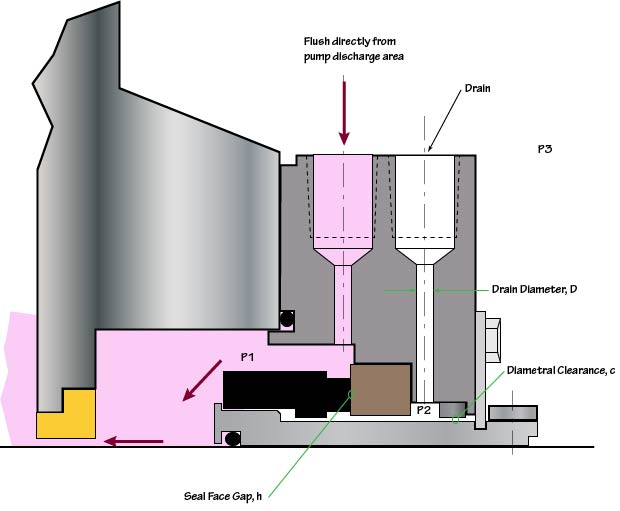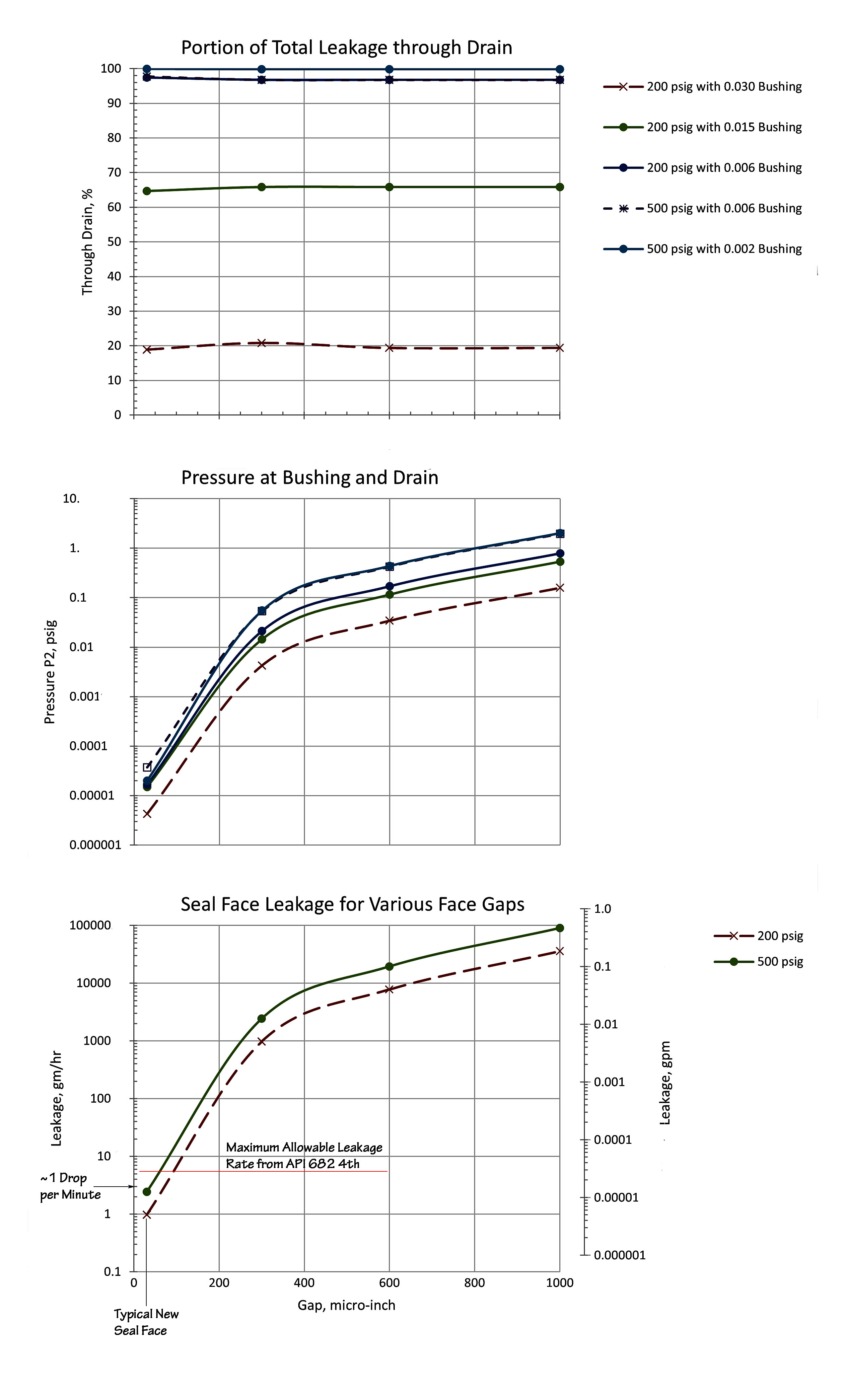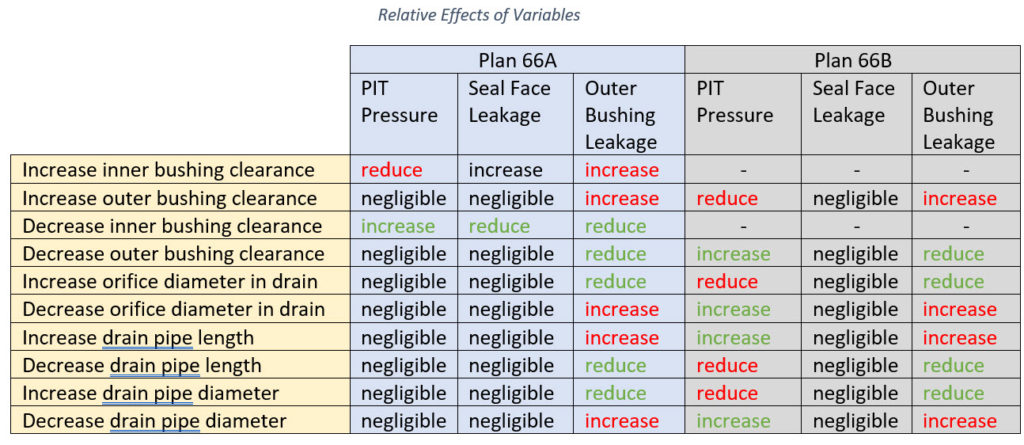A blog is a “weblog”, that is, an online journal or informational website. Posts to a blog appear in reverse chronological order. A blog can be about anything. Many blogs are personal in nature and often are similar to a diary. The first blogs began to show up about 1994 and were primarily text with a single author. A blog is expected to be updated more frequently than a website and also to be somewhat less formal. Blogs usually have a byline or author and the blog site includes the ability to find previous posts by author, date, category and tags.
A blogger is simply someone who operates a blog or blog site
as opposed to someone who authors a post for a blog or website.
Blogs can generate money through sponsors and links to
commercial sites; however, SealFAQs does not do this.
One problem with hosting a blog is the commitment to
maintain it and to add new posts regularly.
Having neglected my own blog for several months, I’m well aware of this
problem. After a while, the newness and
uniqueness of the blog sort of wears off and the blogger runs out of things to
write about. Fortunately, I have plans
and topics for 2020.
Manufacturers Blogs
There are several different types of blogs. Some seal OEMs operate a corporate blog to
provide information and updates about their products. Here are some links to OEM “blogs” that are
specifically labelled blogs.
John Crane has a blog, https://resources.johncrane.com/blog/,
attached to its main website, JohnCrane.com.
The Crane blog addresses a variety of subjects and appears to be
somewhat irregularly updated. The Crane
blog appears to be a mix of technical articles, product announcements, news and
field experience. The author(s) name is
not given. The Crane blog began December
13, 2018.
Chesterton has a blog, https://blog.chesterton.com/,
attached to its main website, Chesterton.com.
The current topic is part 4 of a series on double seals and barrier
fluids; it dates to October 31, 2019.
Although good information, the overall feel is not that of a “blog”. Apparently several authors contribute. The Chesterton blog dates back to at least
2017.
Sepco has a blog, “Seal Connect”, at https://www.sepco.com/community/blog/,
with posts by various authors dating back to July 23, 2019.
Flowserve does not appear to have a blog, as such.
EagleBurgmann does not appear to have a blog, as such.
Non-Manufacturers Blogs
SealFAQs is not a manufacturer sponsored blog. There are a few other such blogs, but not
many.
The Fluid Sealing Association (FSA), the International Trade
Association for mechanical seals, has a blog, http://www.fluidsealing.com/mechanical-seals/mechanical-seals-blog/. The FSA blog doesn’t feel like a conventional
blog. Posts tend to come from the
various member companies of the FSA.
Many of the FSA posts were published in Pumps and Systems Magazine as
part of the “Sealing Sense” series. The
most recent post was published in June 2019.
There is a relatively new blog at https://www.mechanicalseals.net/Mechanical-Seal-Blog/index.php?frontpage,
with the title “Mechanical Seal Tips and Details”. It has only three posts and has the feel of a
project that was undertaken and then stopped.
However, it was off to a good start.
Seal Websites
Of course, there are other websites containing information
about mechanical seals and a few use the word “blog” in their description but
don’t really have the feel of a blog.
Wikipedia has a page for mechanical seals, https://en.wikipedia.org/wiki/End-face_mechanical_seal
as well as a page for the seal standard, API 682, https://en.wikipedia.org/wiki/API_Standard_682.
If you are aware of other mechanical seals blogs and
especially if you have a favorite mechanical seals blog, please leave a
comment.






